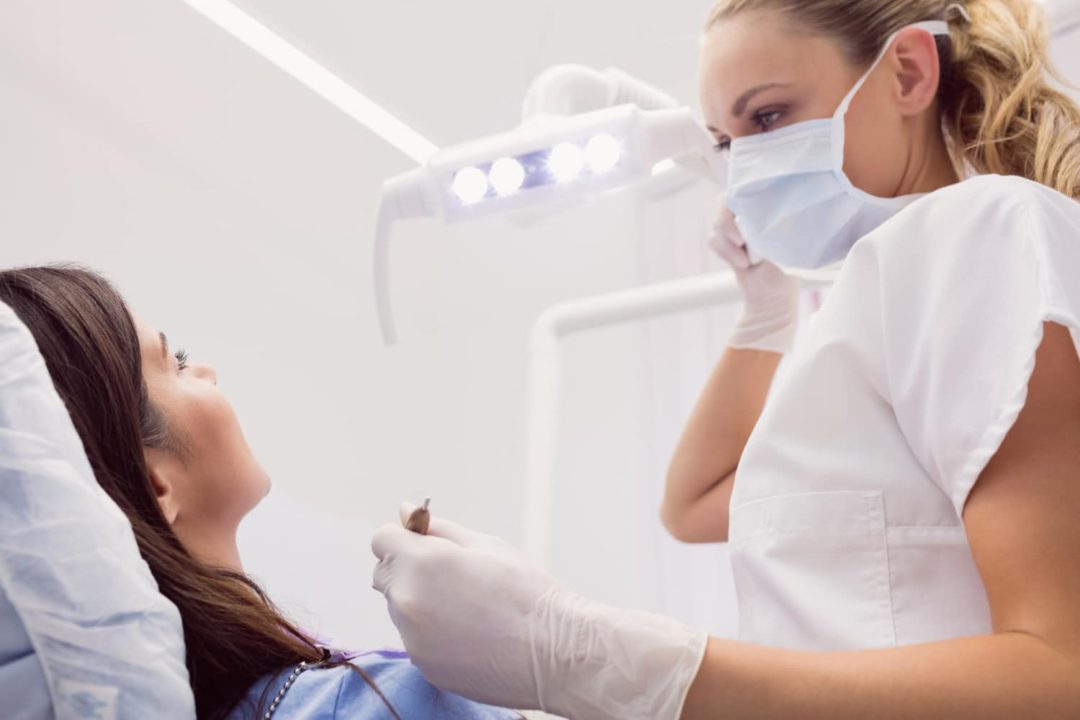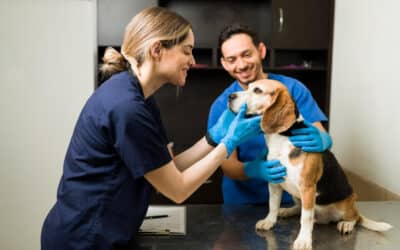For many years HMRC have operated a concession under which associate dentists are treated as self-employed for tax purposes rather than employed. However, from 6 April 2023, this concession will be removed.
How will this impact dental practices?
At present, the concession means that associate dentists are able to be assessed on a self-employed basis, meaning all of their income tax is paid via the self-assessment tax system together with Class 2 and Class 4 NIC. This is beneficial to dental practices as they have not been required to account for Class 1 Employer NIC at 13.8 percent or remit the tax and Class 1 Employee NIC via PAYE on the amounts paid to associate dentists.
However, the removal of the concession means associate dentists will be treated in the same way as contractors, in that dental practices will be required to undertake an employment status review to determine whether the associate is employed or self-employed. Where the review concludes that an associate is an employee the practice will be required to put the associate on the payroll and account for income tax and Class 1 NIC (Employers and Employees) via the PAYE system. The Class 1 Employer NIC at 13.8 percent will be an additional cost to the practice.
The status of associate dentists must be considered on a case-by-case basis, based upon their individual circumstances. Where practices incorrectly classify associates as self-employed and it is found they have not taken reasonable care, then they will be exposed to penalties and interest on the underpaid tax and Class 1 NIC’s.
The HMRC CEST tool can be used to help businesses to determine the employment status of individuals (https://www.gov.uk/guidance/check-employment-status-for-tax).
How will this impact associate dentists?
Where an associate is determined to be employed then all of their tax and NIC liabilities will be deducted via PAYE on a monthly basis rather than on account via self-assessment in January and July each year. This will represent a cash flow disadvantage for associates. Furthermore, as an employee, an associate will suffer Class 1 NIC at 12 percent rather than Class 4 NIC at 9 percent which represents an increase in taxation.
Get in touch with Stephen Charles or Aaron Hemmington at Hawsons today if you’re uncertain and need advice.
More from our tax experts
You can find all of our latest tax articles and tax resources here.
If you are looking for advice in a particular area, please get in touch with your usual Hawsons contact.
Alternatively, we offer all new clients a free initial meeting to have a discussion about their own personal circumstances – find out more or book your free initial meeting here. We have offices in Sheffield, Doncaster and Northampton.
More similar content
BVA launch ‘Return to Work’ toolkit to tackle staffing problems
For veterinary practice, recruitment and retention have long been persistent hurdles. Fostering positive workplace environments is pivotal not only in attracting fresh talent but also in enticing skilled professionals back into the profession. To confront this issue...
GP contract referendum
All members of the General Practitioners' profession affiliated with the British Medical Association (BMA) have been asked to participate in a pivotal single-question referendum. The referendum seeks to gauge their acceptance of the General Medical Services (GMS)...
Care England launch plan to solve care home recruitment crisis
In response to the pressing need to tackle the ongoing recruitment and retention challenges faced by the adult social care sector in England, Care England has taken a proactive step forward by introducing an end-to-end solution. As the largest representative body of...






